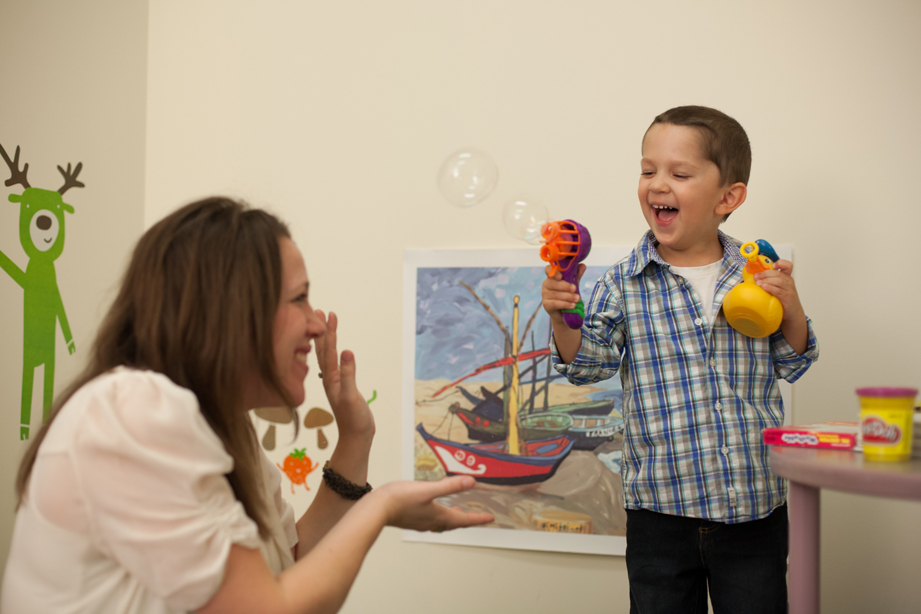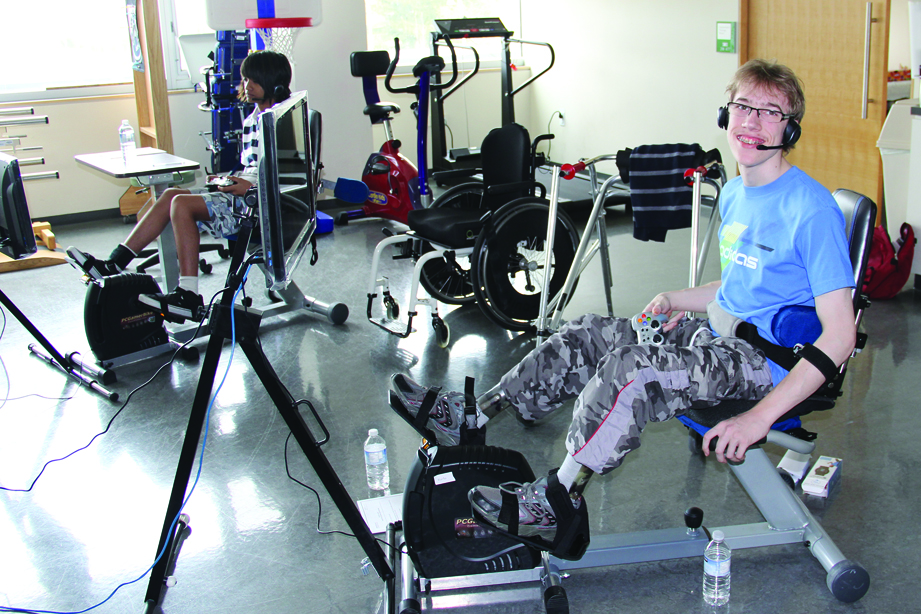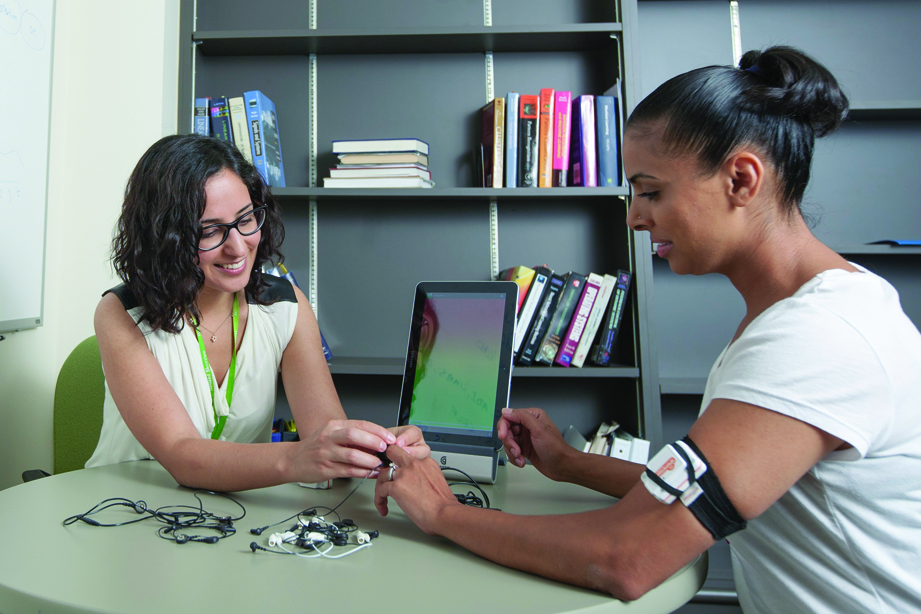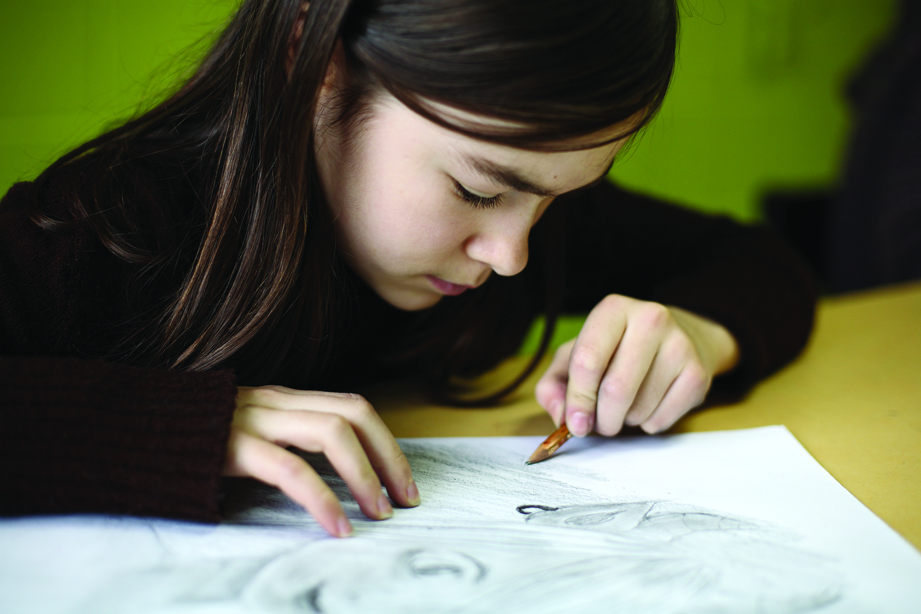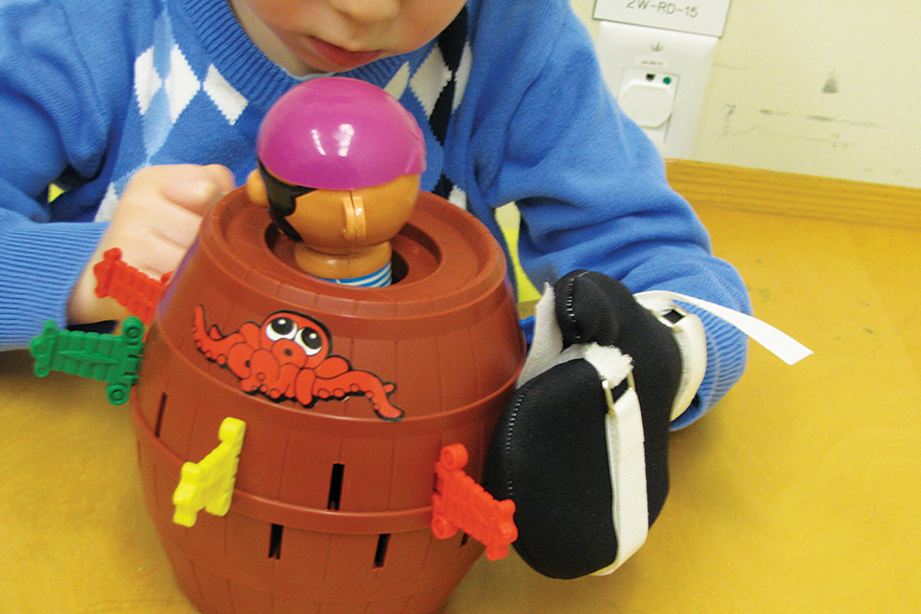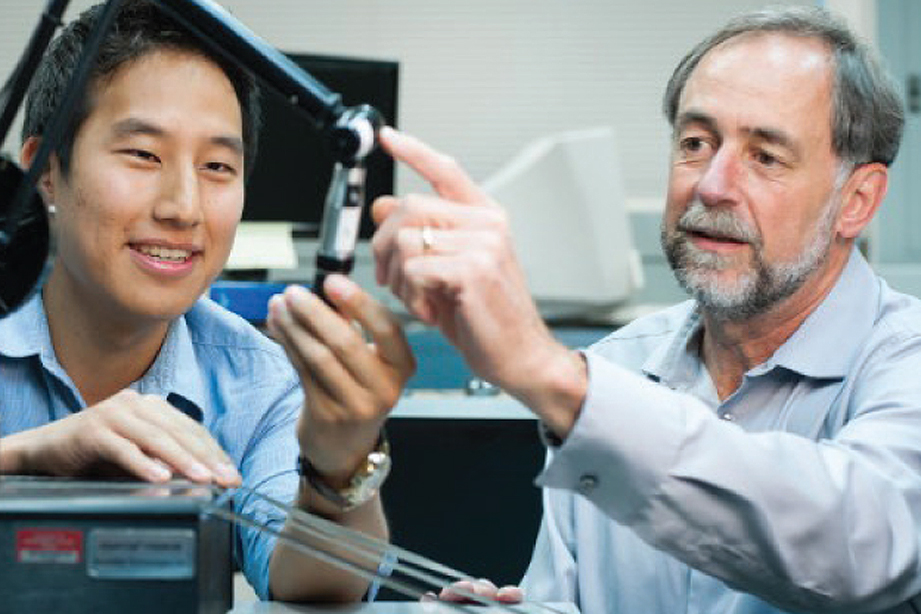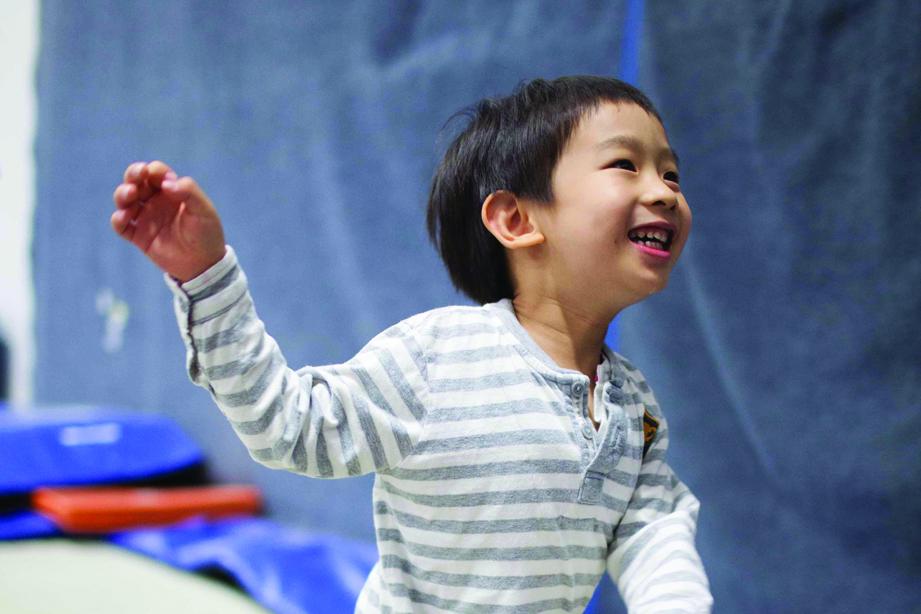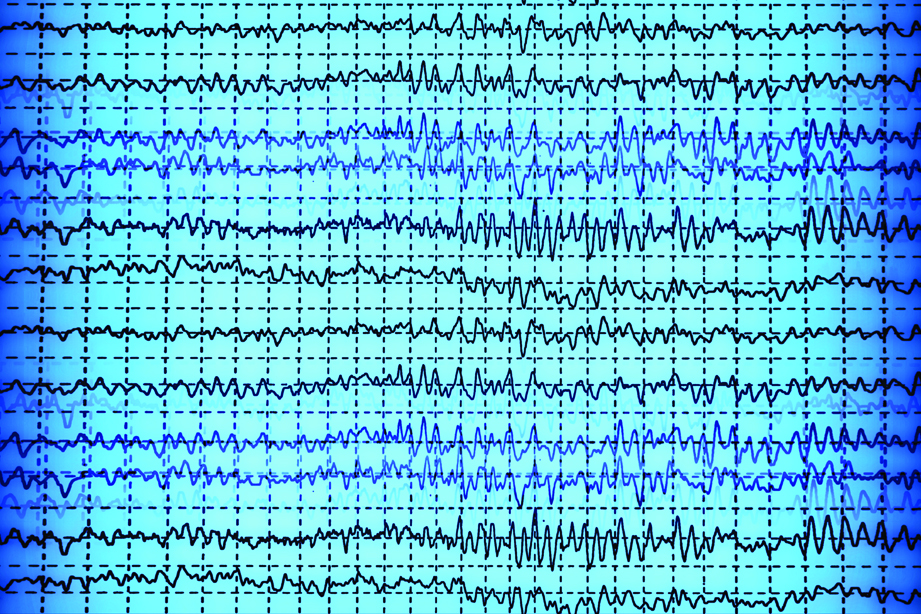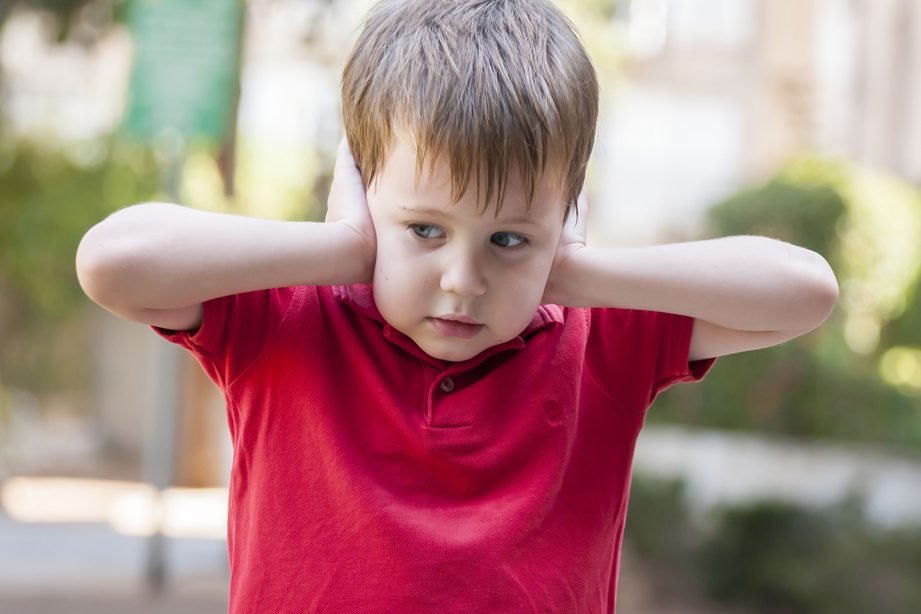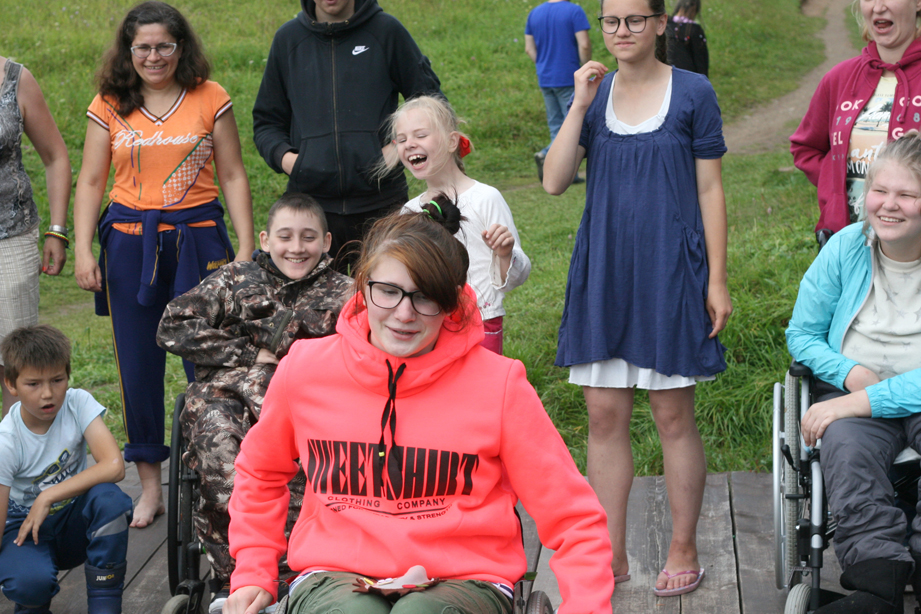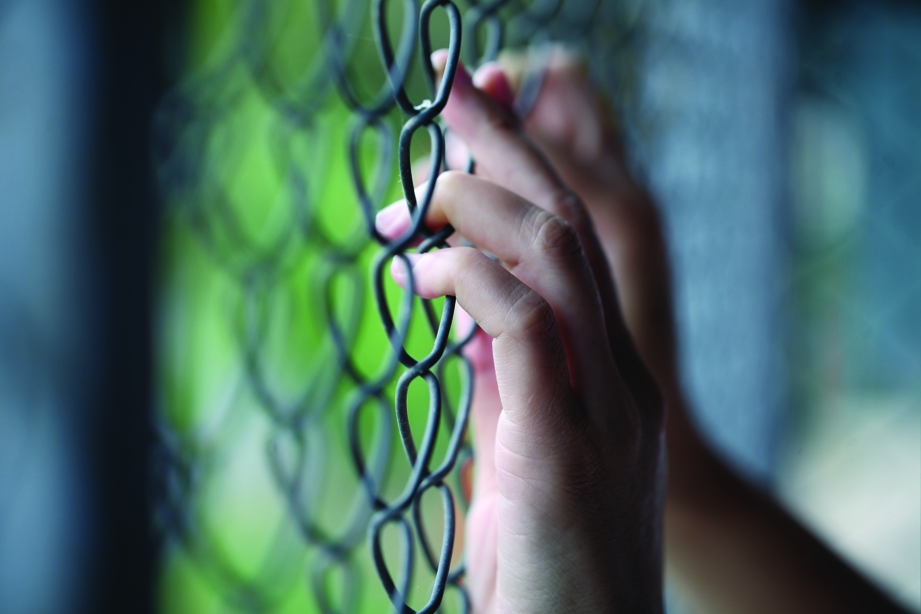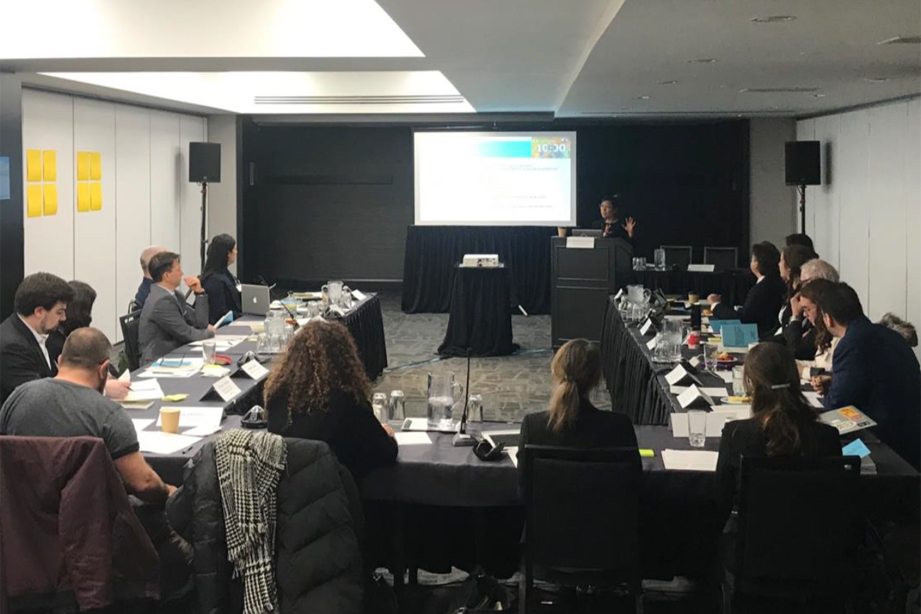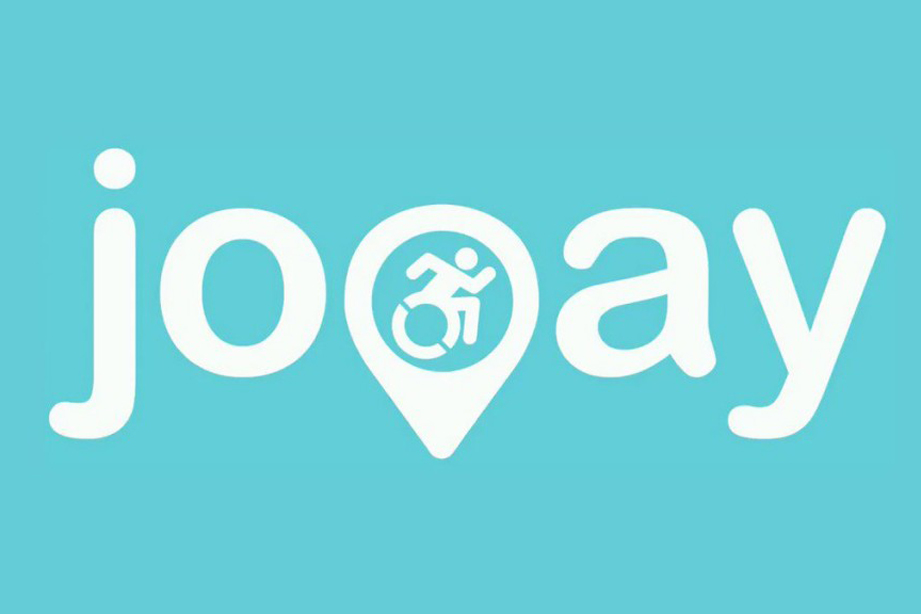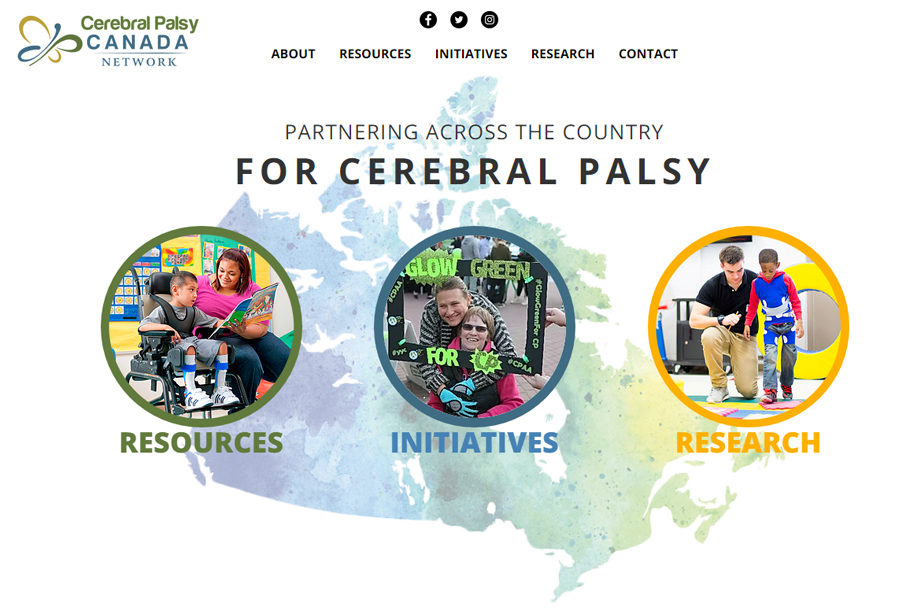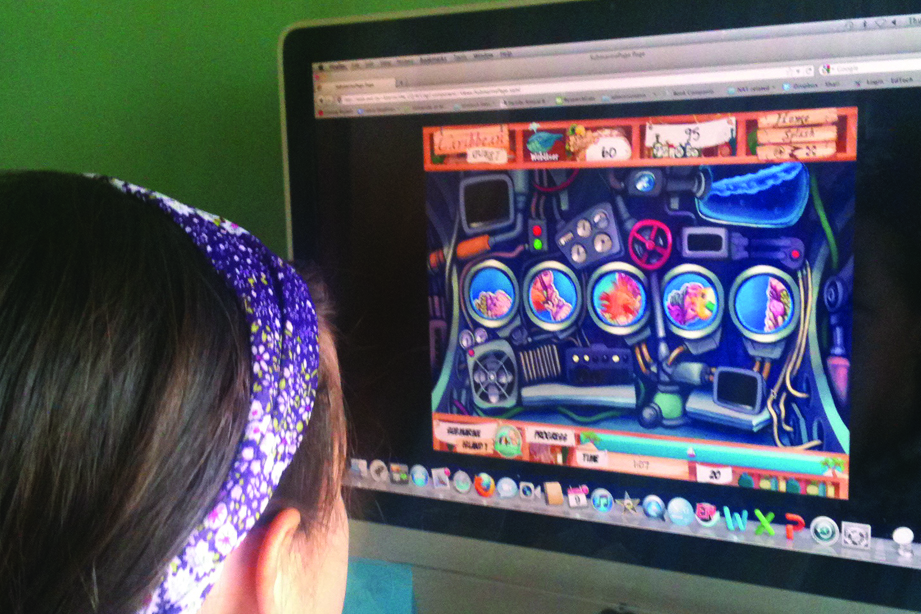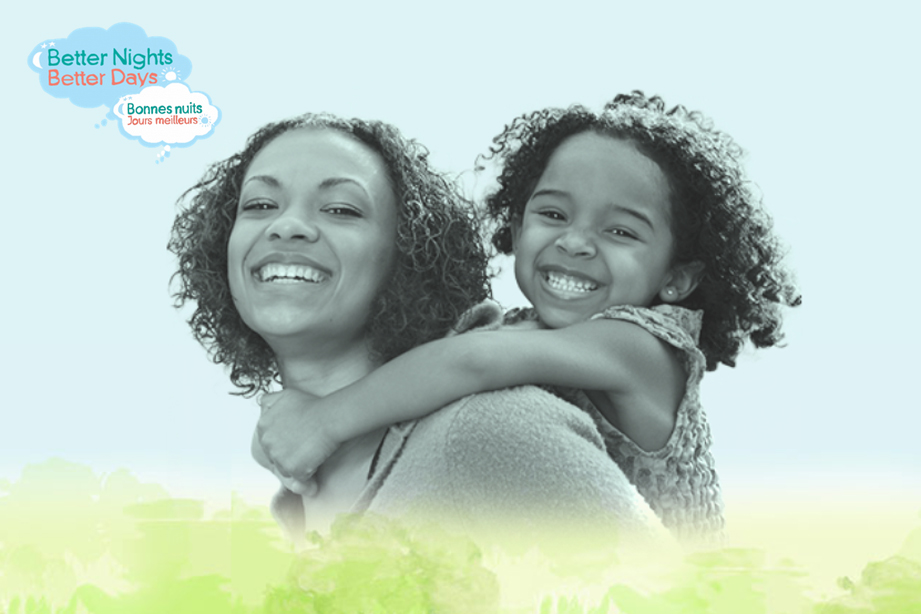Through its 13-year history, KBHN has established a track record as an internationally recognized evidence-based multidisciplinary network that generates and mobilizes critical knowledge and innovation most relevant to communities and families. Working with partner organizations, KBHN research teams have created numerous innovation outputs, including policy documents, commercial products, copyrights, license agreements, new clinical practice guidelines, and training packages.
The initial Cycle III research projects were identified based on evidence of efficacy and the presence of appropriate implementation partners. Each project was provided with support from KBHN central administration in the principles of implementation science, an emerging and rapidly evolving field which focuses on how effective interventions are disseminated and implemented across the spectrum of contexts and settings in order to become embedded into routine practice to improve individual and population health.
Funded through a competitive application process based on the probability of achieving impact through research excellence, five New Implementation Projects (IPs) were selected from KBHN’s pipeline of research that originated in Cycle II.
KBHN conducted an open competition for new research initiatives under the umbrella of the Strategic Investment Fund (SIF) which resulted in 21 submissions, from which the five strongest applications were funded through a highly competitive process. Importantly, the SIF projects were required to bring external partner financial support that matched the NCE contribution at least 1:1, and also include family/patient stakeholders as members of the research team.
Previously funded projects overview
Cycle I – Building the Network
The Kids Brain Health Network (KBHN) was established in 2010 as an interdisciplinary network of researchers and clinicians to address fundamental questions of early brain development with the specific goal of mobilizing this knowledge to improve the lives of children living with neurodevelopmental disabilities and their families. The initial research projects funded by KBHN focussed on the interaction between genes and the environment. This knowledge has led to a better understanding of the origins of three highly prevalent neurodevelopmental disabilities, namely Autism Spectrum Disorder (ASD), Cerebral Palsy (CP), and Fetal Alcohol Spectrum Disorder (FASD).
In mid-Cycle I, a Strategic Advisory Committee of stakeholders knowledgeable about research, training, and knowledge translation supported a board-led strategic planning process. This process’s key outcome was to shift the focus of KBHN’s research programs toward application-based research.
Cycle II – Strengthening Connections
Cycle II was characterized by incorporating new cross-cutting themes that expanded the scope of the Network’s activities. More specifically, to promote change for children with neurodevelopmental disabilities and their families, attention was focused on the child’s critical role and family’s social environment as a predictor of outcomes. Also, new initiatives were introduced to address issues that are common across virtually all neurodevelopmental disabilities. These include comorbidities such as sleep disruption and the fragmented systems of support that families struggle to navigate.
Canadian Network for Personalized Interventions in Intellectual Disability
Challenge Intellectual disability (ID) affects 800,000 Canadians and is defined [...]
The Canada FASD Research Network National Data Form Project
Challenge While researchers know that FASD is a result of [...]
Extending the Reach of Social ABCs Early Intervention: Community Expansion and Translation
Challenge Social ABCs is an intervention for toddlers who are [...]
Combining Games and Exercise for Kids with Cerebral Palsy and FASD
Challenge Many children with brain-based disabilities face challenges when it [...]
Augmented Cognitive Behavioural Therapy for Anxiety (Anxiety Meter)
Challenge Anxiety is common among children and youth living with [...]
Child and Family Perspectives: The ASD Voices Study
Challenge There is a lot of academic writing on the [...]
Understanding the Cellular Mechanisms of Constraint-Induced Movement Therapy
Challenge One of the primary treatments for cerebral palsy (CP) [...]
Using Technology to Improve the Lives of Children with Brain-Based Disabilities
Challenge Children with neurodevelopmental disabilities and their families have specific [...]
Improving Physical Activity Programs for Children with Brain-Based Disabilities
Challenge It is well established that children benefit from physical [...]
Using Mindfulness Activities to Reduce Stress and Anxiety in Adolescents with Autism
Challenge Adolescents with autism often struggle with anxiety, depression, stress [...]
Towards Implementation of EEG and NIRS in the Clinic
A National Team Approach Challenge Early diagnosis and early intervention [...]
Service utilization, costs and impact of interventions for children with neurodevelopmental disabilities
Challenge More than 770,000 Canadians are currently living with ASD, [...]
Intelligent Solutions for Atypical Auditory Processing in Children with Neurodevelopmental Disorders
Challenge Children with neurodevelopmental disorders (NDD) often experience atypical auditory [...]
Expansion of the Canadian Cerebral Palsy Registry
Challenge The Canadian Cerebral Palsy Registry initially launched in 2003 [...]
Health Economic Assessment of KBHN Interventions
Challenge Disability is associated with increased health and social service [...]
Unmet Needs of Children with Neurodisabilities
Challenge In Canada, there have been poor outcomes for children [...]
Developing Policy to Affect Change for Children Living with Disabilities
Challenge Taking part in leisure activities is vital in maintaining [...]
The Joaay App Helps Locate Leisure Programs for Kids with Disabilities
Challenge It can be challenging for children with disabilities to [...]
The Cerebral Palsy Canada Network: Keeping Canadians Connected and Informed
Challenge More than 80,000 Canadians are living with Cerebral Palsy [...]
Canadian Cerebral Palsy (CP) Registry
Challenge There has historically been a lack of population-based information [...]
CP Program Knowledge Translation – CP Canada Network & Jooay App
Challenge While cerebral palsy (CP) researchers continue to make meaningful [...]
Dino Island/Caribbean Quest Game for ASD & FASD
Challenge Deficits in the ability to attend and self-regulate are [...]
Nurturing the Seed
ChallengeCompared to non-Indigenous Canadians, Indigenous children in Canada have an [...]
The Better Nights, Better Days Project Helping Children with Neurodevelopmental Disorders Sleep Better
Challenge Up to 90% of children with neurodevelopmental disorders (NDDs) [...]



